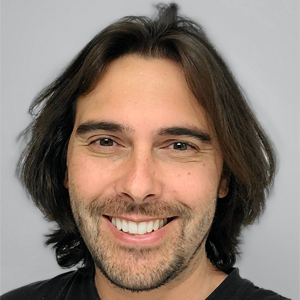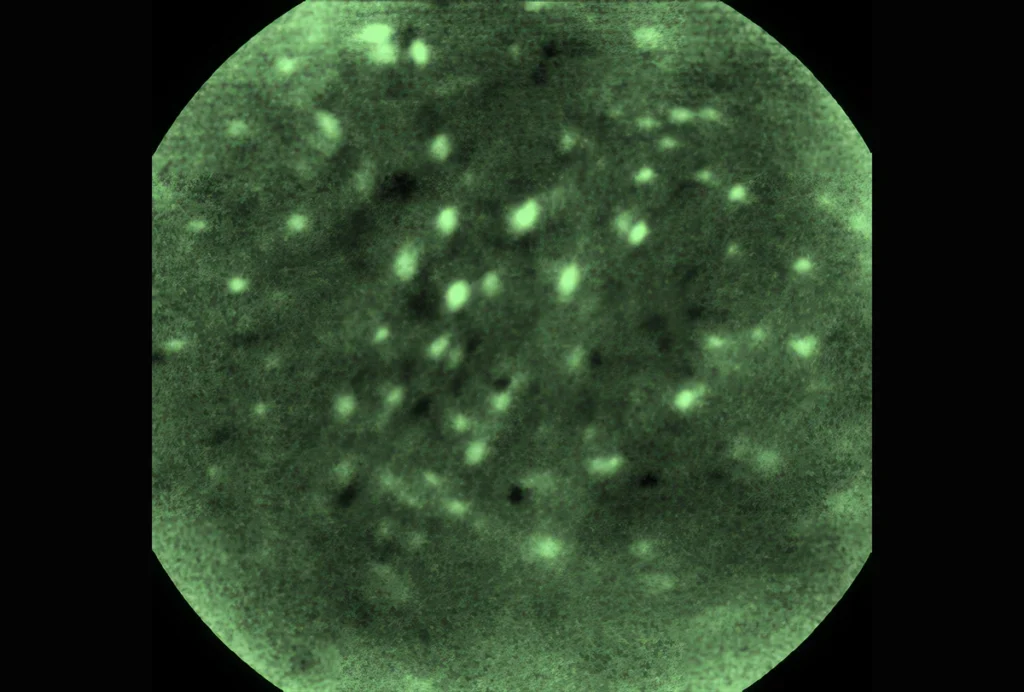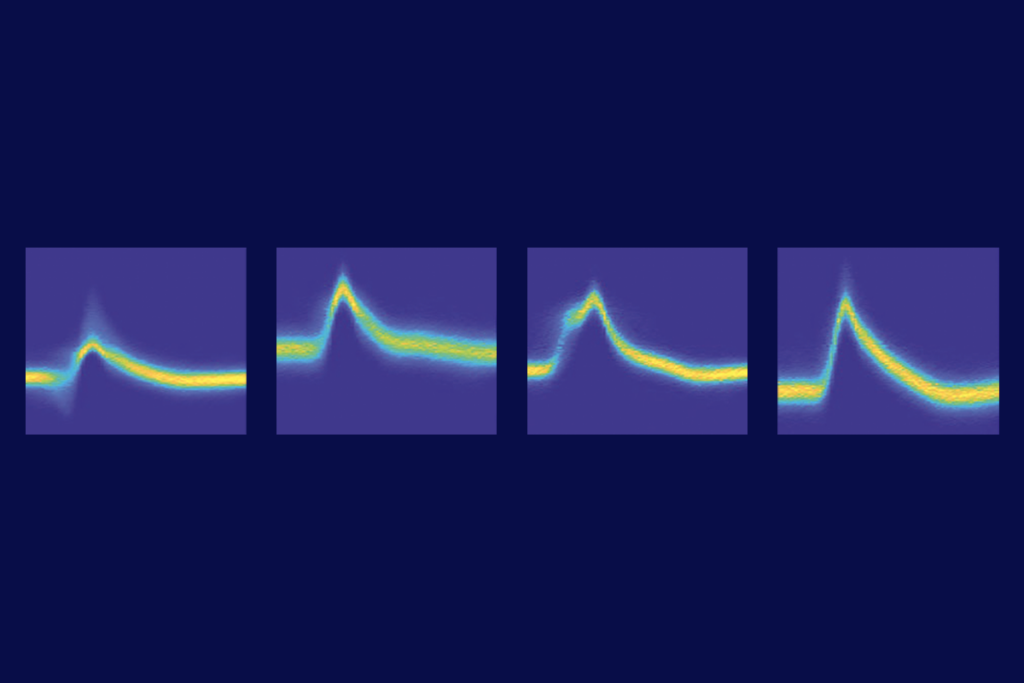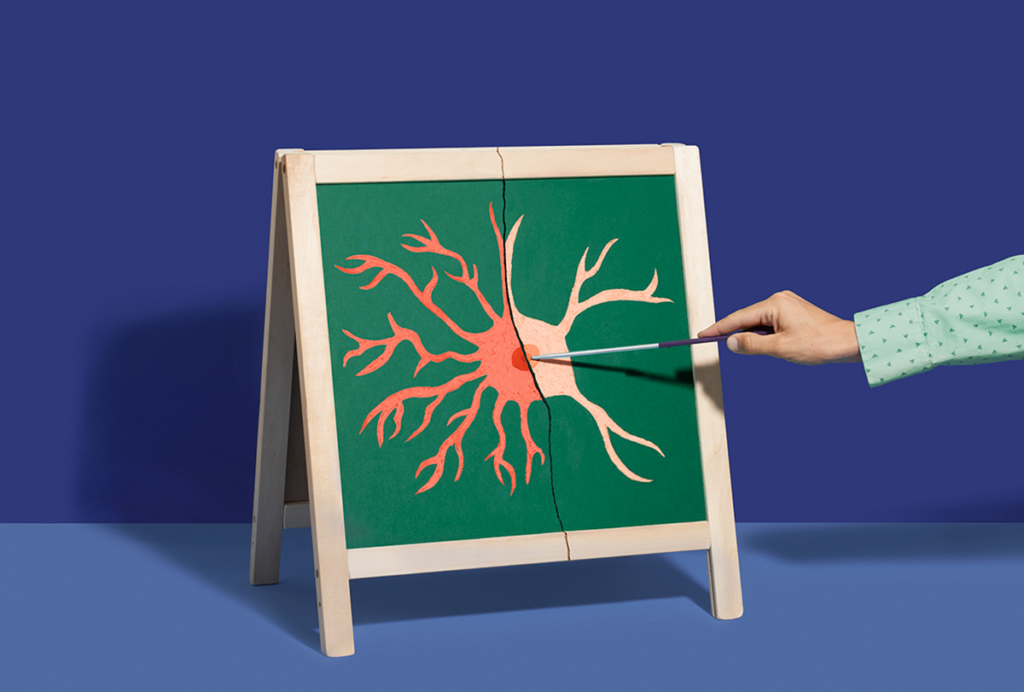Daniel Aharoni is assistant professor of neurology at the University of California, Los Angeles (UCLA). He received his Ph.D. in physics from UCLA, where he worked in high- and low-energy particle physics before shifting his focus to neurophysics. Aharoni stayed at UCLA for a postdoctoral fellowship under Baljit Khakh, Alcino Silva and Peyman Golshani, spearheading the technical development of the open-source UCLA Miniscope Project. Aharoni’s lab integrates engineering, neuroscience and physics to create innovative tools that address complex challenges in neuroscience. His research aims to enhance our understanding of neural circuits, advance tool design for neuroscience, and ensure equitable access to pioneering technologies.

Daniel Aharoni
Assistant professor of neurology
University of California, Los Angeles
From this contributor
Designing an open-source microscope
Funding for the development of open-source tools is on the rise, but support for their maintenance and dissemination, both crucial for their meaningful uptake, remains a major challenge.

Designing an open-source microscope
Explore more from The Transmitter
INSAR takes ‘intentional break’ from annual summer webinar series
The International Society for Autism Research cited a need to “thoughtfully reimagine” its popular online program before resuming it in 2026.

INSAR takes ‘intentional break’ from annual summer webinar series
The International Society for Autism Research cited a need to “thoughtfully reimagine” its popular online program before resuming it in 2026.
Null and Noteworthy: Neurons tracking sequences don’t fire in order
Instead, neurons encode the position of sequential items in working memory based on when they fire during ongoing brain wave oscillations—a finding that challenges a long-standing theory.

Null and Noteworthy: Neurons tracking sequences don’t fire in order
Instead, neurons encode the position of sequential items in working memory based on when they fire during ongoing brain wave oscillations—a finding that challenges a long-standing theory.
How to teach this paper: ‘Neurotoxic reactive astrocytes are induced by activated microglia,’ by Liddelow et al. (2017)
Shane Liddelow and his collaborators identified the factors that transform astrocytes from their helpful to harmful form. Their work is a great choice if you want to teach students about glial cell types, cell culture, gene expression or protein measurement.

How to teach this paper: ‘Neurotoxic reactive astrocytes are induced by activated microglia,’ by Liddelow et al. (2017)
Shane Liddelow and his collaborators identified the factors that transform astrocytes from their helpful to harmful form. Their work is a great choice if you want to teach students about glial cell types, cell culture, gene expression or protein measurement.